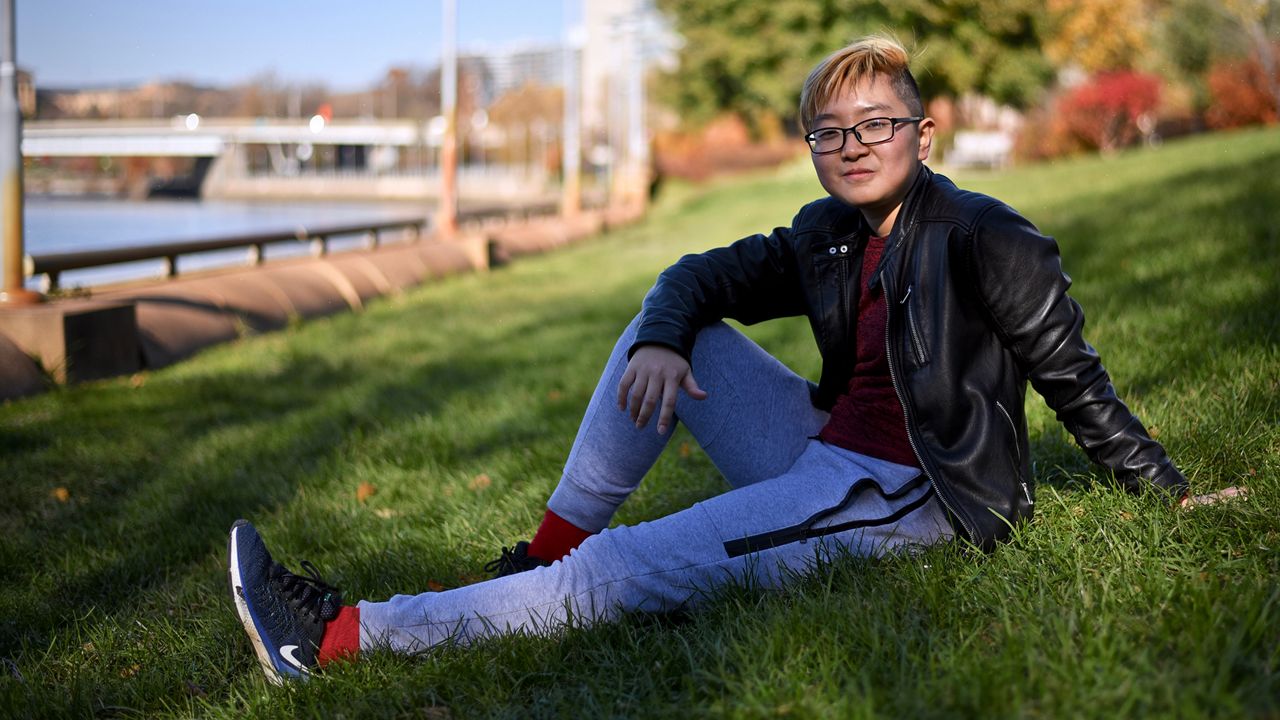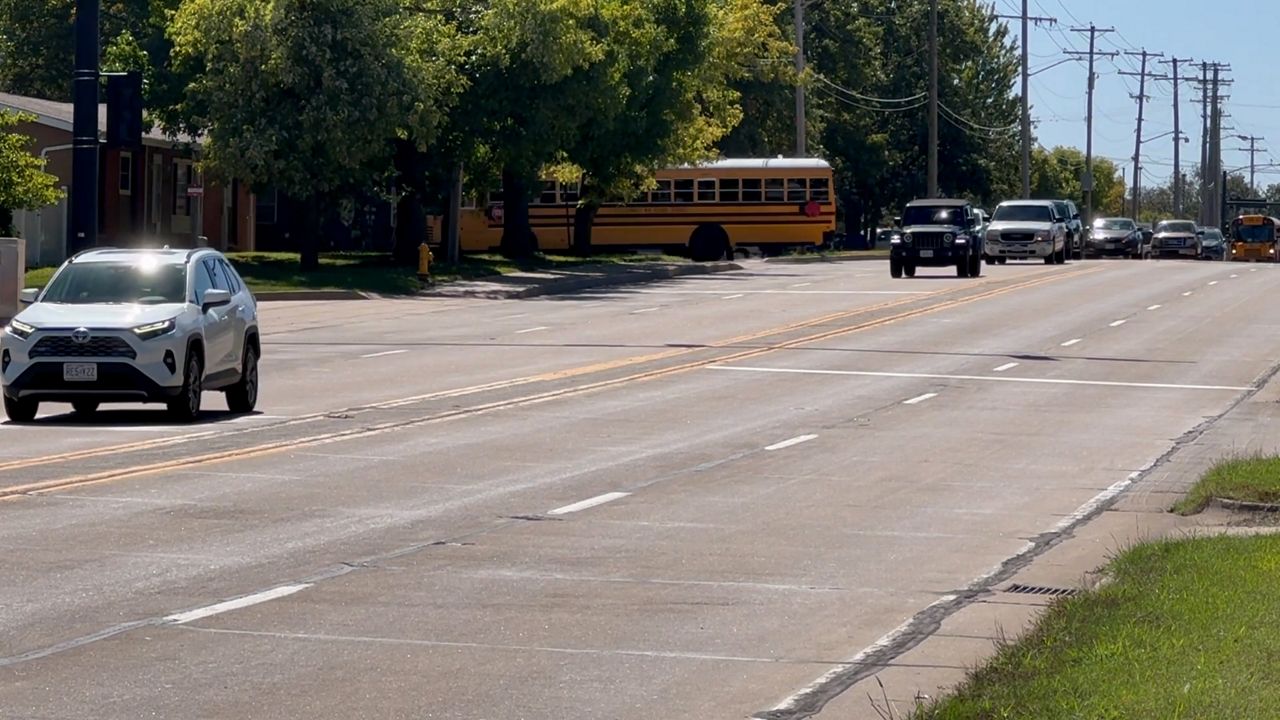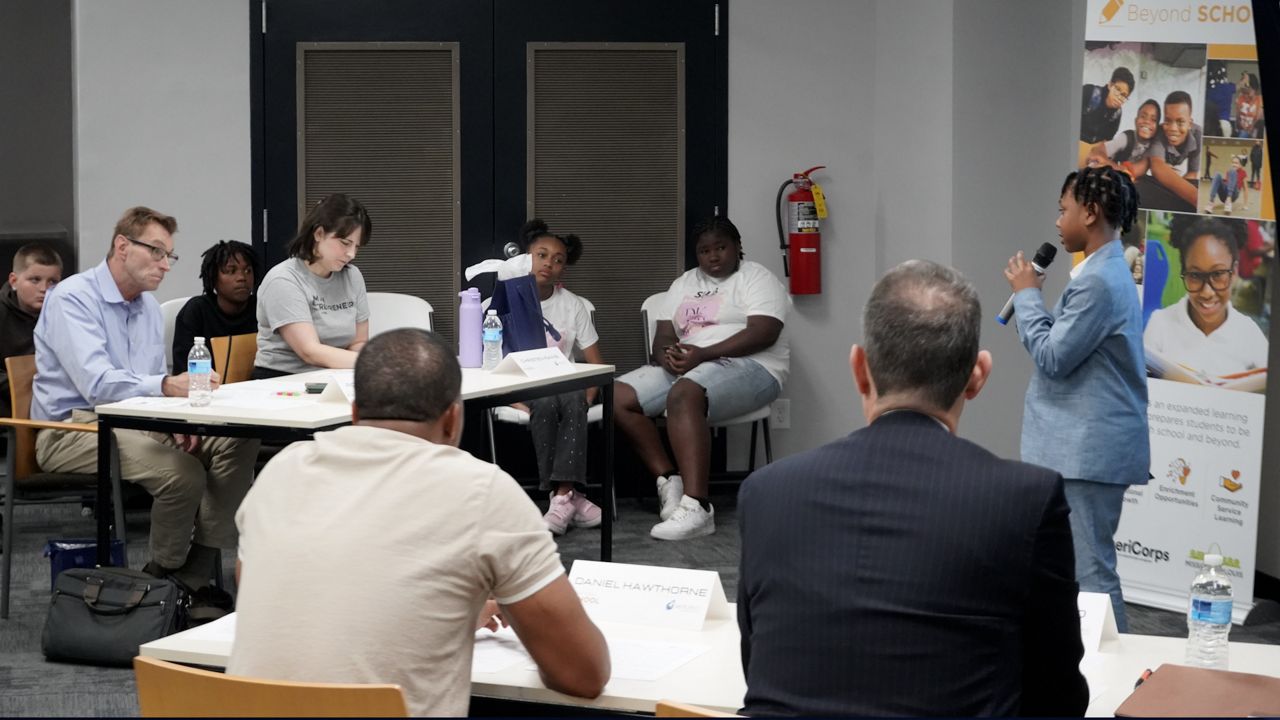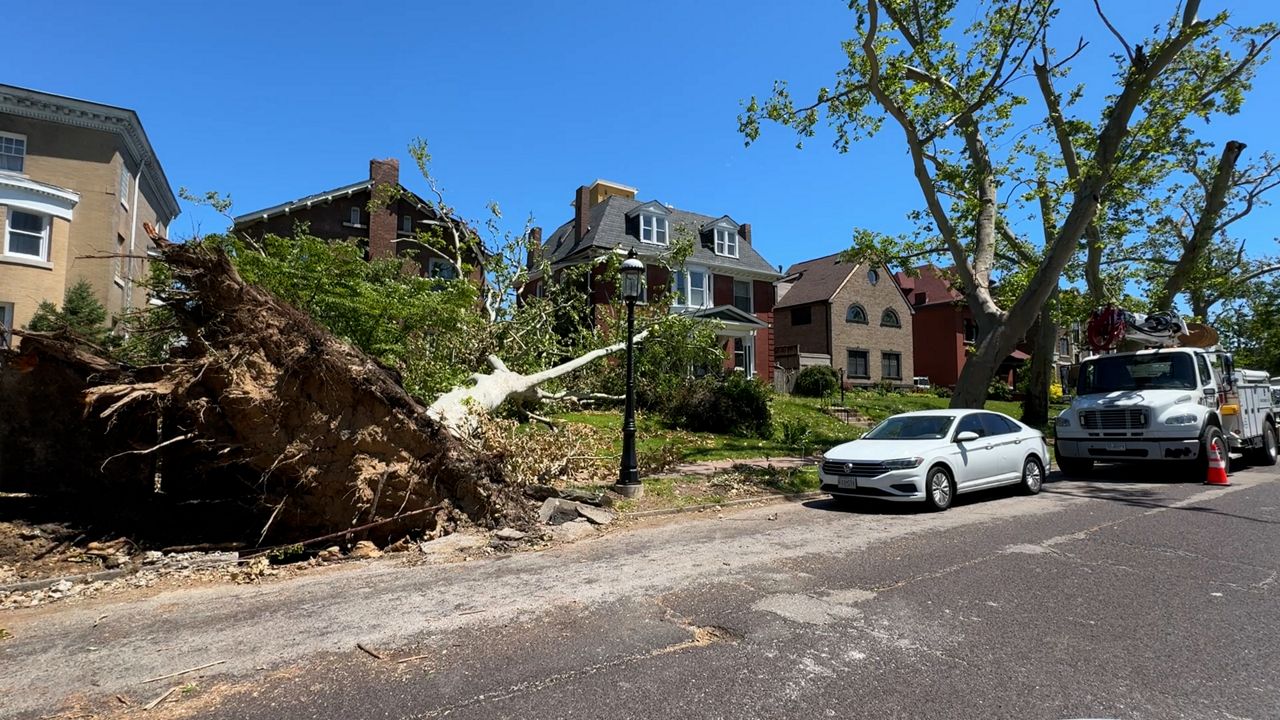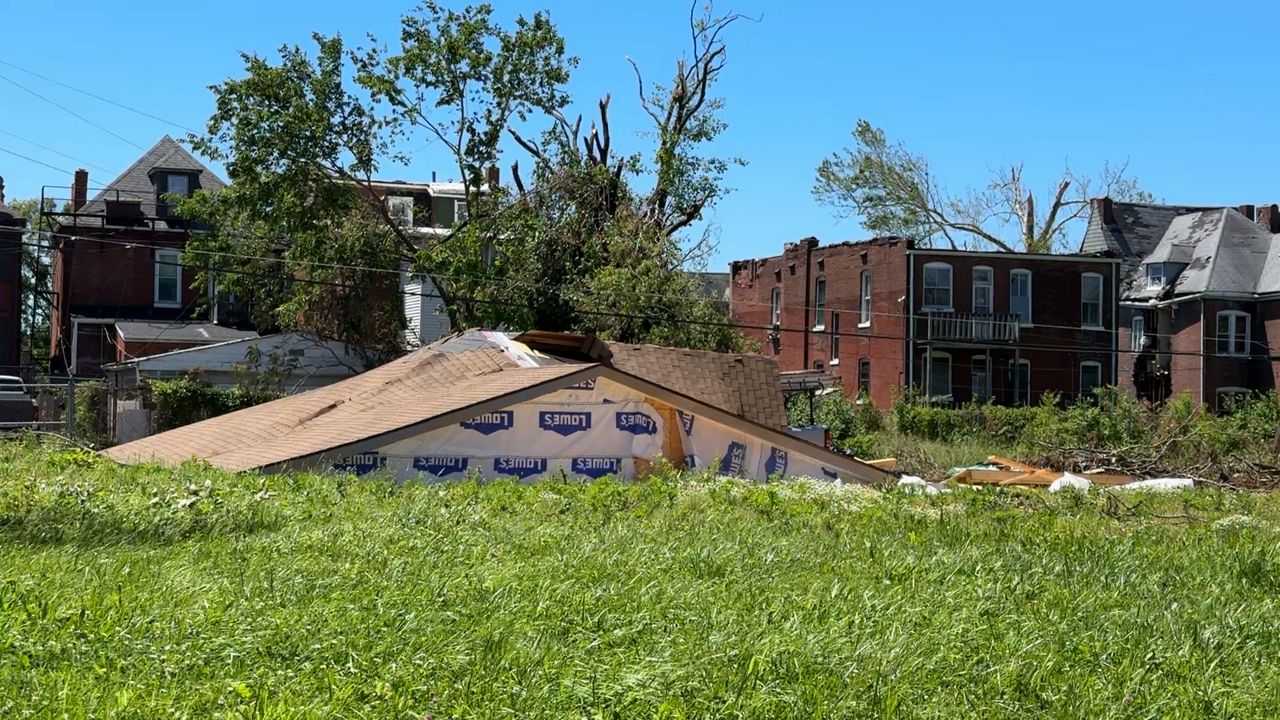ST. LOUIS — While Singapore is known for its good food and hot weather year-round, native Luka Cai said the southeast Asian country is less known for its conservatism.
“I experienced it to be a very queer phobic and trans phobic environment growing up,” they said. “I was closeted for most of my life.”
Cai had a dream of creating a non-judgmental, peer support system to help those of the LGBTQ+ community who are struggling.
After moving to St. Louis and falling in love with the city, they started the St. Louis Queer+ Support Helpline (SQSH) in 2019.
Cai went through more than 100 hours of training to provide peer counseling over the phone.
“I think peer counseling is a really special approach to supporting people because it presumes equality and not hierarchy within a conservation,” they said. “It does not presume that the person providing support is an expert, but someone providing non-judgmental space.”
When someone calls the helpline, an auto attendant asks if they are in a crisis and if so, will provide a list of crisis resources. If not, they are connected to a peer counselor.
“We are primarily focus on helping people improve their wellbeing, offering a listening ear and safety planning ahead of crisis or after crisis instead of during,” Cai said.
They said the conversation with the peer counselor is led by the caller, meaning they can guide conversation and identify their priorities.
If a caller is seeking resources, Cai said SQSH offers resource referrals to see what they may have tried, what they are looking for and what they have in mind.
If a caller is looking for emotional support, SQSH offers a safe, non-judgmental space that includes validating what they are going through and cheerleading the efforts they are doing to improve their life, Cai said.
They added that SQSH also provides safety planning around selfcare and collective care plans.
If callers would like a follow-up call, they can submit a request to SQSH.
The helpline is free and open Friday through Monday from 1-7 p.m.
Cai said this work is fulfilling and life-giving.
“I feel a great sense of gratitude and connection to the local queer and trans community and see that there is a lot of potential, a lot of brilliance and a great desire for healing work and justice work. I want SQSH to be a vehicle for bringing those dreams to life,” they said.
Since the launch in 2019, Cai said the nonprofit’s call volume has grown by 10-20 times. On average, SQSH receives about 20 calls per month lasting between 30 minutes to an hour.
Cai said they expect the call volume to increase over the next four years due to being involved in a new grant project System of Care.
“There’s an enormous amount of need,” Cai said. “Over two-thirds of trans St. Louisans do not have their mental needs fully met.”
“Almost every day, I see folks putting out calls for financial solidarity from mutual aid. Folks are being discriminated against in the workplace. It’s hard to find jobs. It’s hard to have people’s basic needs met.”
Cai added that even the volunteer staff experience the same kinds of oppression and barriers that the larger community faces because SQSH is a community-driven organization.
“Through this work, I see many intersecting social systems failing our community and society as a whole, but especially marginalized communities,” they said.
SQSH applied and received funding from the Missouri Foundation for Health to start a new project called System Change Capacity Building for queer St. Louis community leaders and organizers to figure out what the root causes are to social issues and taking a systemic approach rather than a piecemeal approach, according to Cai.
The purpose is to build relationships between different parts of the system and bring people together to work towards a common goal instead of nonprofits and the community working in different silos, they said.
“I’m really excited about that because having programs that both meet people’s needs day-to-day, but also programs that work towards long term change and addressing root causes can be a very powerful strategy,” Cai said.
After creating and operating the helpline, Cai realized there are limitations of the helpline format.
“There’s not a long-lasting relationship past a single interaction. A lot of people still hesitate to call helplines because they can feel clinical, it can be hard to reach out for help, it can be hard to trust a stranger and create a sense of safety,” they said.
To expand beyond the helpline, the program STARLING emerged, which is a healing justice collective that brings together different queer and trans therapists and healers to provide support for each other, learn from each other and build capacity for core healing, Cai said.
The nonprofit offers a variety of other programs such as political education, long-term relationship building and outreach and more.
Cai said the dream is to work with queer youth because they may not feel seen among their peers or may have to deal with critical legislation and school policies.
“We also have a lot of work to do around racial justice and equity and making sure that Black and Brown queer St. Louisans are represented in our work,” Cai said.
In doing so, SQSH hosts a variety of events, including BLAQ Fest, Endurance & Action for Palestine, and more.
For more information about SQSH, click here.





